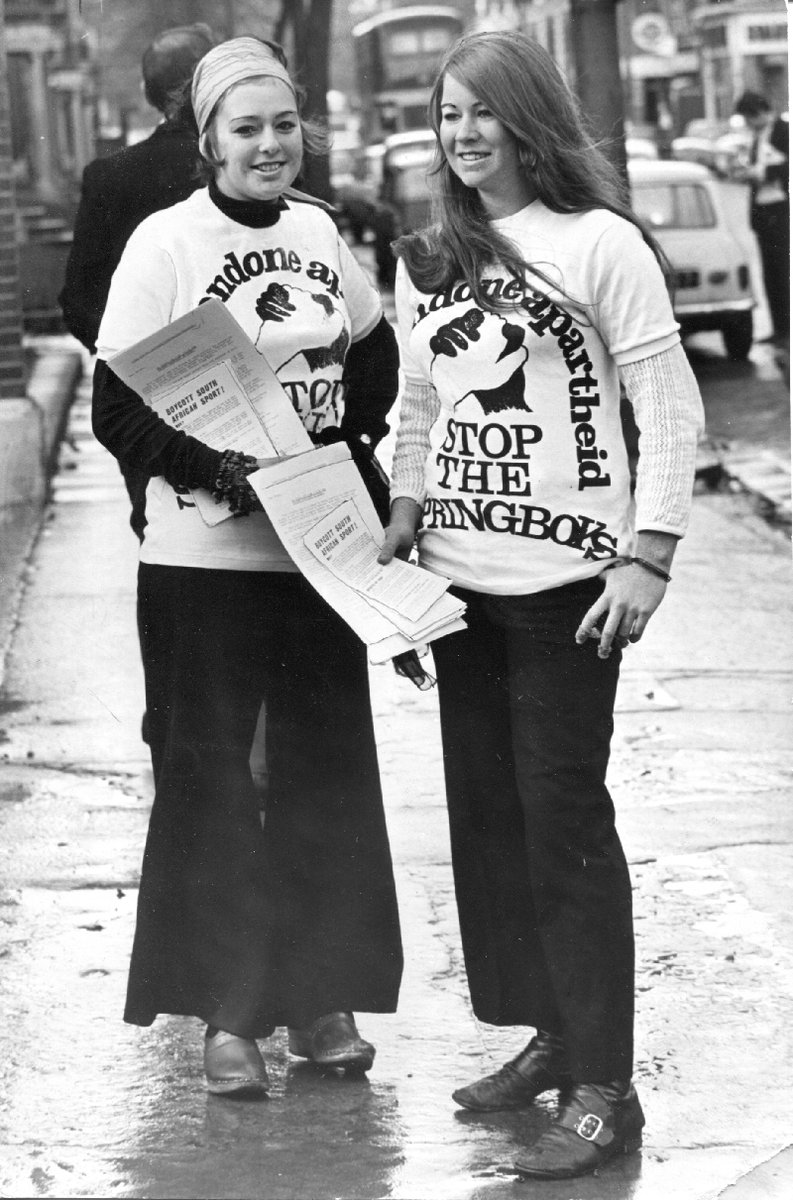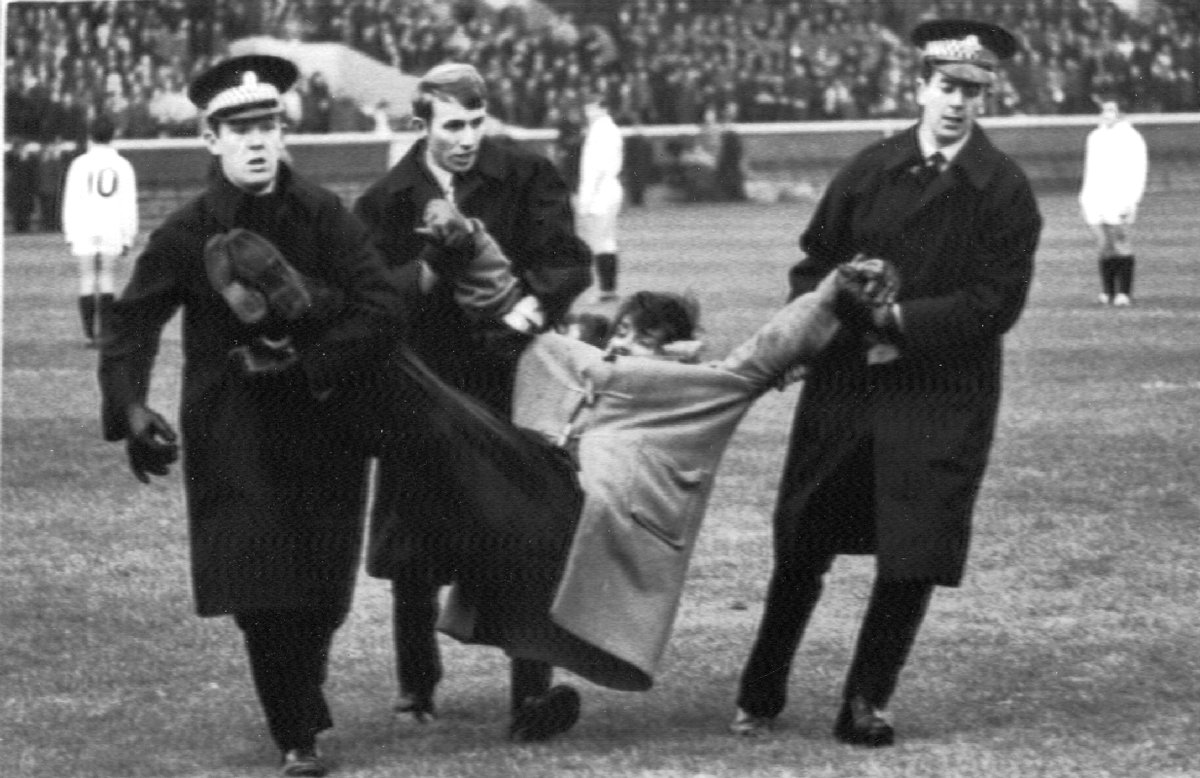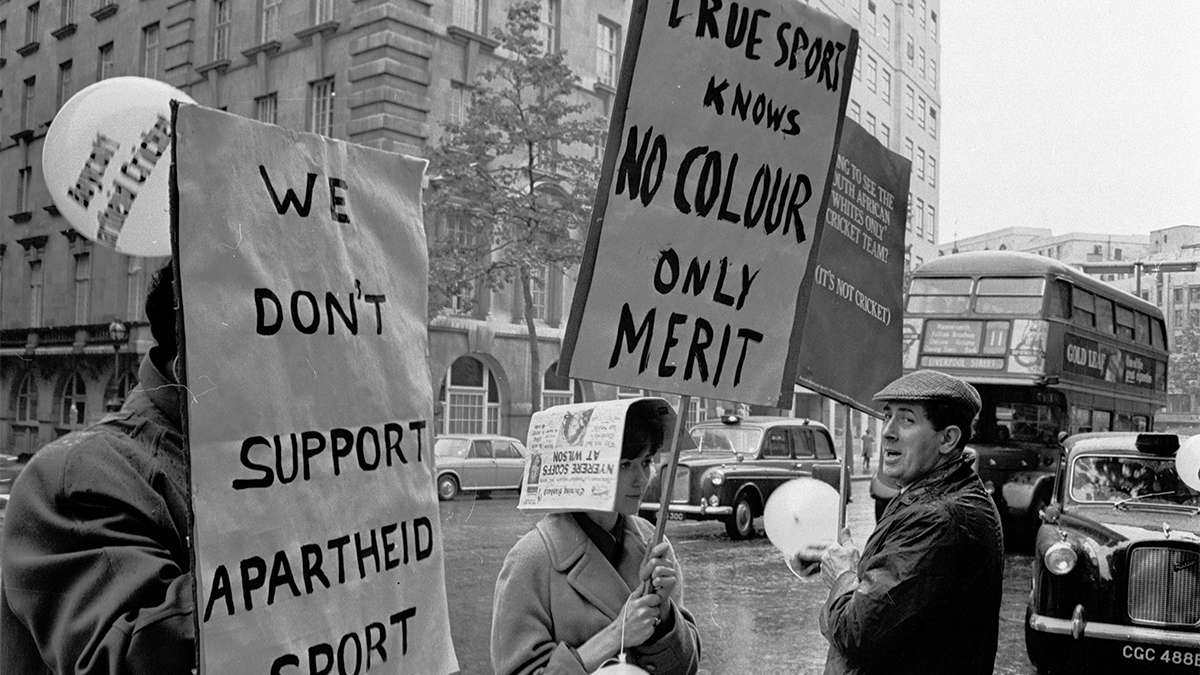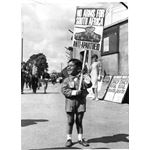
This afternoon the #spycopsinquiry will hear from Christabel Gurney OBE. Her witness statement is at ucpi.org.uk/publications/f…
You can watch proceedings (with a ten minute delay) at
(2)
(2)
First, the Inquiry checked if there were any questions for Jonathan Rosenhead. Mitting had a question for him – did he wish the Inquiry to act promptly about the miscarriage of justice that we heard about? Yes
(3)
(3)
Christabel then appeared on screen
Rebekah Hummerstone is leading the questions this afternoon too.
(4)
Rebekah Hummerstone is leading the questions this afternoon too.
(4)
She said that the @ucpinquiry had noted Gurney's concerns about the wider investigations that needed to be made, but repeated this new assertion that this Inquiry had to limit itself just to the “Special Demonstration squad in its various incarnations”.
(5)
(5)
@ucpinquiry Christabel joined the Anti Apartheid Movement (AAM) and got a membership card. Membership was open, and people were encouraged to join the movement.
(6)
(6)
@ucpinquiry Her witness statement lays out the kind of tactics which the AAM used
The entire point of the AAM was primarily supporting people in South Africa who were struggling against the system
(7)
The entire point of the AAM was primarily supporting people in South Africa who were struggling against the system
(7)
@ucpinquiry They focussed on the ways that British companies, banks and the Government supported the apartheid regime, and did what they could here to prevent that.
(8)
(8)
@ucpinquiry The AAM held many demonstrations and marches. These were agreed with the police in advance.
(9)
(9)
@ucpinquiry [MPS-0742860]
Again Hummerstone says that this is a Special Branch report, not an SDS one.
ucpi.org.uk/publications/s…
(10)
Again Hummerstone says that this is a Special Branch report, not an SDS one.
ucpi.org.uk/publications/s…
(10)
@ucpinquiry It details a group that walked from Brixton Hill to join a march (of around 3-4000 people) at Victoria Embankment. By the time it reached Trafalgar Square the crowd had doubled.
(11)
(11)
@ucpinquiry “Small contingents of anarchists, intent on trouble” and similar contingents of Maoists are mentioned in the report.
(12)
(12)
@ucpinquiry The AAM tried avoid anything which would distract the press from the real issue: the violence of the South African regime.
(13)
(13)
@ucpinquiry The next report was about the AAM's Annual General Meeting, held at the Liberal Club.
ucpi.org.uk/publications/s…
It was not open to the press; it was for members only.
(14)
ucpi.org.uk/publications/s…
It was not open to the press; it was for members only.
(14)
@ucpinquiry Christabel was elected to the National Committee. Among the names who held positions in the Aam were MPs (like Joan Lestor and David Steel) and other public figures.
(15)
(15)
@ucpinquiry She was asked if the AAM struggled with having too left-wing an image at the time? Christabel pointed out that the AAM enjoyed cross-party support, and was supported by many people with no party affiliation.
(16)
(16)
@ucpinquiry However the AAM was seen as being in opposition to British businesses (which worked in South Africa, and/or armed or funded the SA Government) and to official British Govt policy.
(17)
(17)

@ucpinquiry She said that at the time the Cold War was in full swing, and the ANC was supported by the Soviet Union, and so some people thought the AAM was therefore sympathetic to the Soviet Union.
(18)
(18)
@ucpinquiry [UCPI 00000 08442]
ucpi.org.uk/publications/s…
Ahmed Timol was arrested in South Africa and killed by the SA State.
He was a good friend of many of the exiles who had made their home in London, so they were extremely distressed about his death.
(19)
ucpi.org.uk/publications/s…
Ahmed Timol was arrested in South Africa and killed by the SA State.
He was a good friend of many of the exiles who had made their home in London, so they were extremely distressed about his death.
(19)
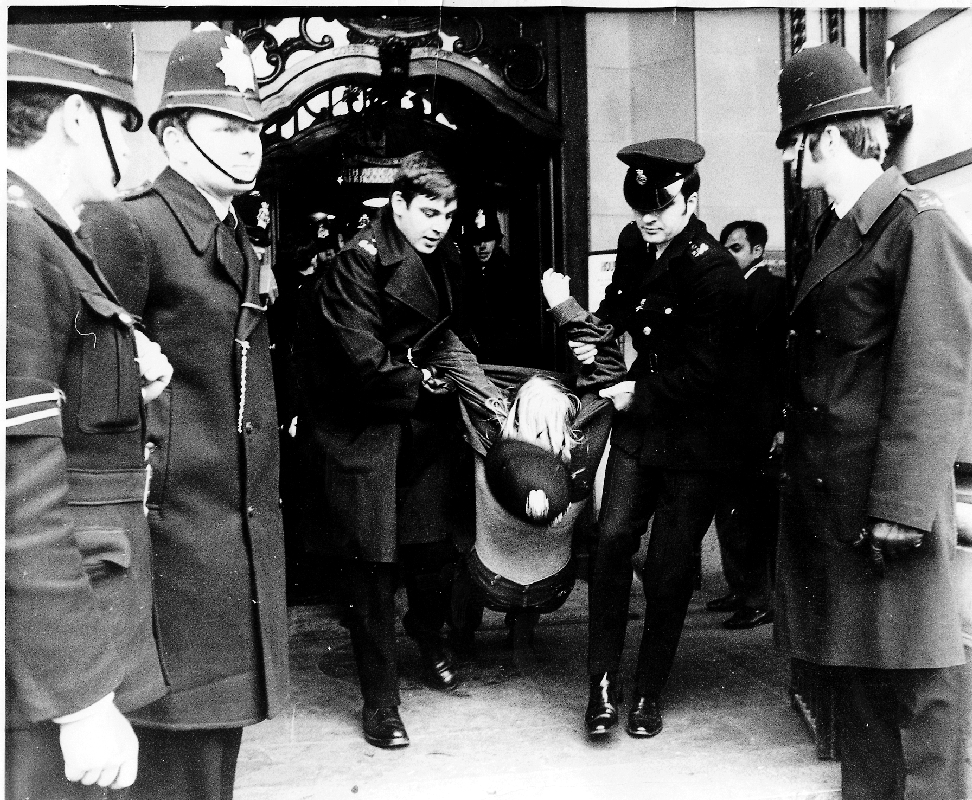
@ucpinquiry They wanted to do “something more” than usual, explained Christabel. “These were exceptional circumstances”.
en.wikipedia.org/wiki/Ahmed_Tim…
(20)
en.wikipedia.org/wiki/Ahmed_Tim…
(20)
@ucpinquiry A sit-in (of South Africa House) was planned. The group fully expected to be roughed up by embassy security staff and knew there was a real possibility of arrest.
These security staff worked for the regime. They were known to be violent vs anti-apartheid campaigners.
(21)
These security staff worked for the regime. They were known to be violent vs anti-apartheid campaigners.
(21)
@ucpinquiry According to this report [MPS-0737006 ], “the organisers are anxious that picketing should be peaceful so as to avoid adverse publicity”
ucpi.org.uk/publications/s…
(22)
ucpi.org.uk/publications/s…
(22)
@ucpinquiry Christabel agreed that this was the case with all AAM demos. They had found that the message of the demo tended to get lost when the media focussed on disorder.
(23)
(23)

@ucpinquiry ucpi.org.uk/publications/s… The AAM often held vigils, eg at South Africa House whenever people were due to be hanged by the regime.
They were quite small, solemn events, Christabel told us.
(24)
They were quite small, solemn events, Christabel told us.
(24)

@ucpinquiry The next report [MPS-0737656] concerned a fundraising Christmas dinner/ party held at her home. She says it was a purely social event, “there was absolutely nothing subversive in any way about it”.
ucpi.org.uk/publications/s…
(25)
ucpi.org.uk/publications/s…
(25)
@ucpinquiry The AAM knew that they – like other groups trying to bring about change in society – were subject to police surveillance.
"I am surprised now at the extent of it” she says.
(26)
"I am surprised now at the extent of it” she says.
(26)
@ucpinquiry Christabel got involved with the Stop the Seventy Tour campaign.
ucpi.org.uk/publications/e…
This document mentions a meeting (attended by Doris Lessing and Ruth First among others) where Paul Hodges spoke about the group's plans to disrupt the Springboks rugby tour.
(27)
ucpi.org.uk/publications/e…
This document mentions a meeting (attended by Doris Lessing and Ruth First among others) where Paul Hodges spoke about the group's plans to disrupt the Springboks rugby tour.
(27)
@ucpinquiry The AAM did not ally itself with the NVDA that was going on, or organise it.
However many individuals would have been involved with both campaign groups.
Gurney said there were some tensions, but both organisations were working towards the same aims, ultimately.
(28)
However many individuals would have been involved with both campaign groups.
Gurney said there were some tensions, but both organisations were working towards the same aims, ultimately.
(28)
@ucpinquiry Her name is listed in the report as part of the “core of the coming protest movement” - would she agree with that? She said not really, she was very active in the Stop the Seventy Tour campaign but not at its core.
(29)
(29)
@ucpinquiry She did not attend the kind of special planning group meetings that we heard about this morning.
(30)
(30)
@ucpinquiry Christabel was also asked about the Dambusters Mobilising Committee, the campaign vs the Cahora Bassa Dam in Mozambique,.
(31)
(31)

@ucpinquiry The DMC meetings were attended by various groups, including those with an interest in not just South Africa, but also Mozambique, Angola, Namibia etc
(32)
(32)
@threadreaderapp unroll as only you can
• • •
Missing some Tweet in this thread? You can try to
force a refresh



